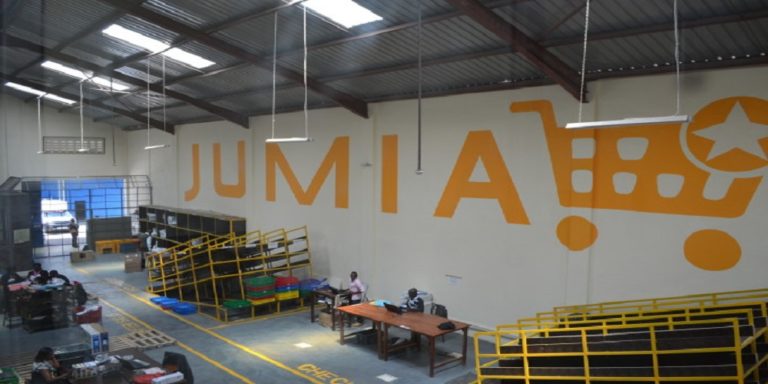
You can always count on Nigeria to confuse and then clarify. It turns out that Jumia and Konga will not qualify for the pioneer status which could have reduced their tax bills. This was contained in an interview, the The Executive Secretary, Nigeria Investment Promotion Council, NIPC, Yewande Sadiku, gave to Premium Times.
Ms. Sadiku said businesses that have existed for several years in a particular sector may not enjoy the pioneer status, except such companies ventured into a brand-new line of business covered under the list of 27 new industries and products.
“For instances, big companies, like JUMIA, who have established themselves in the e-commerce business sector as well as those in the music industry would not enjoy tax exemption by the government under the new regime.
“The pioneer status actually applies to those involved in their first year of business or operations. Clearly those older than that would not benefit,” she explained.
The objective of government, she pointed out, was to attract more people to invest in those sectors that have no investments to contribute to the growth of the economy.
“Only people that have agreed to venture into those sectors that would enjoy the pioneer status, and not those that have been there for more than a year.
I have written that Konga and Jumia along with others could benefit from up to 30% of corporate income tax break on the pioneer status since ecommerce was included. Now the details are coming out, that will not happen.
Just like that, the Nigerian government has made shopping online cheaper. The savings here could be up to 30% of profit provided the ecommerce companies decide to pass the whole gains to customers. This means that if a shoe commands a profit of N1,000, without the pioneer status, an ecommerce company can now sell it for N700 without any material change in its bottom line. This is because the difference of N300 would have been sent to government as tax, without the pioneer status in place. But since government is forgiving that tax, the online seller can sell at N700 without any change in its financials. This assumes that the seller is transferring all the benefits to the buyer.
We sincerely hope that the government will publish a whitepaper so that everyone will understand what is involved in this initiative. Premium Times had noted thus:
Register for Tekedia Mini-MBA edition 19 (Feb 9 – May 2, 2026): big discounts for early bird.
Tekedia AI in Business Masterclass opens registrations.
Join Tekedia Capital Syndicate and co-invest in great global startups.
Register for Tekedia AI Lab: From Technical Design to Deployment (next edition begins Jan 24 2026).
The pioneer status grants companies making investments in qualifying industries and products a tax holiday from the payment of company income tax for an initial period of three years, with the possibility of an extension for one or two additional years.
—Image credit: Jumia blog
---
Connect via my
LinkedIn |
Facebook |
X |
TikTok |
Instagram |
YouTube


My brother, your post says, inter alia: ” ……This means that if a shoe commands a profit of N1,000, without the pioneer status, an ecommerce company can now sell it for N700 without any material change in its bottom line.” The basic argument is right, but just by way of correction, the pioneer-status price of the shoe can’t be N700. Further assumption needs to be made. For instance, if the price of the shoe in non-pioneer shops is N3,000, pioneer-status e-commerce outfits can now sell it for N2,700. Thanks.
Hello, it seems you did not see the “profit” before the N1000 thus: “This means that if a shoe commands a profit of N1,000”. The piece is in order. Thanks for commenting
Bolaji, it seems you are the one wrong. Nigeria taxes profit. Author was focusing that the e-commerce shop can retain its profit at same level pre and post pioneer status. But your example was quoting sales which is not possible. There is no way to maintain same profit level at N3000 and N2700 when the tax rate is fixed other things being equal. Author use of profit is a better example than sales